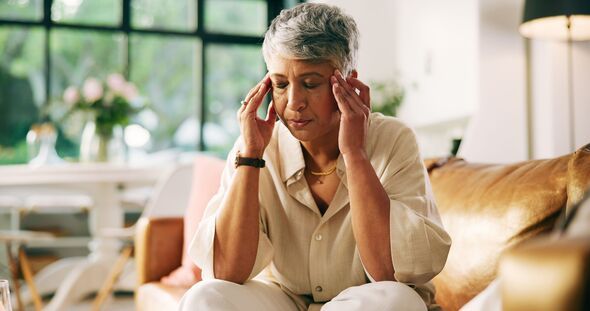

Doctors have warned people to stick to an important 10-day rule if they have coronavirus. While cases have been surging in recent weeks, the data released shows a slight drop in infections.
The UK Health Security Agency (UKHSA) said, in an update: "COVID-19 showed slightly decreasing activity, circulating at medium levels. COVID-19 positivity in hospital settings decreased slightly with a weekly mean positivity rate of 12 per cent compared with 13.1 per cent in the previous week."
People more than 85-years old saw a much higher hospitalisation rate, with the numbers remaining stable at 6.23 per 100,000 compared with 47.29 per 100,000 in the previous week.
Whilst cases may not be as high this week as they were last week, there are certain things you can do to limit the spread. As a result, the NHS has set out a series of recommendations for those who test positive.
The NHS says that "most" people do not need to take a COVID-19 test if they have symptoms. However, for those testing positive, the NHS advises that people adhere to the 10-day rule.
It said: "Avoid meeting people who are more likely to get seriously ill from infections, such as people with a weakened immune system, for 10 days after the day you took your test."
They also recommend that you:
Symptoms
According to the NHS, COVID-19 symptoms can include:
"The symptoms are very similar to symptoms of other illnesses, such as colds and flu," the NHS says. "Most people feel better within a few weeks, but it can take longer to recover.
"For some people, it can be a more serious illness and their symptoms can last longer." Just last month, the UKHSA pointed out that two of the most dominant variants of the virus have been the XFG variant, otherwise known as Stratus, and NB.1.8. 1, known as Nimbus.
The UKHSA warned that these strains may cause a hoarse voice or "particularly painful" sore throat alongside other typical Covid symptoms.
To help ease symptoms, the NHS says you should:
For more information, visit the NHS website.